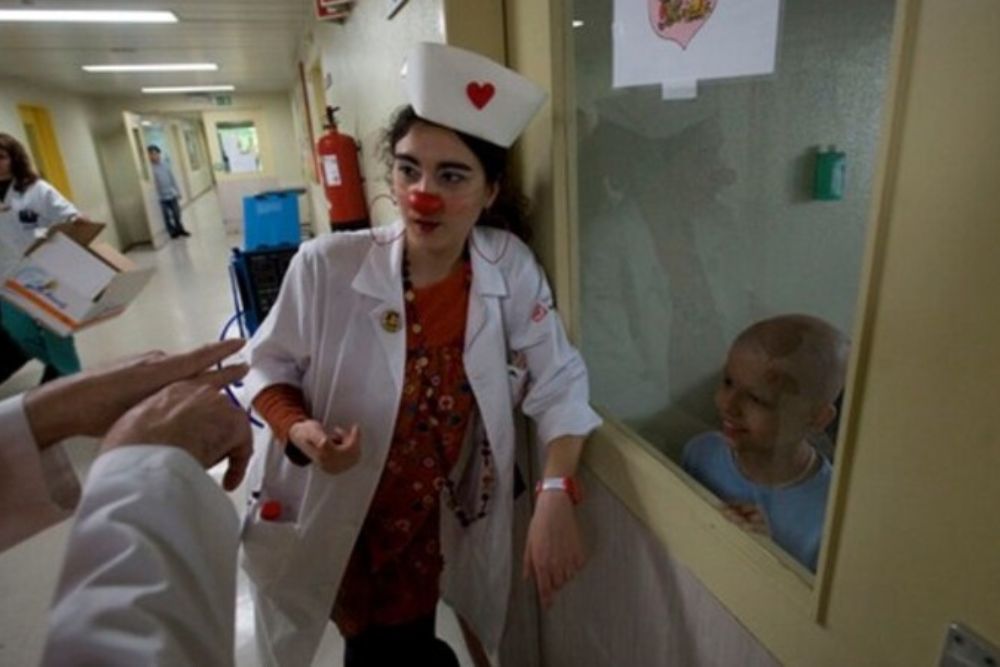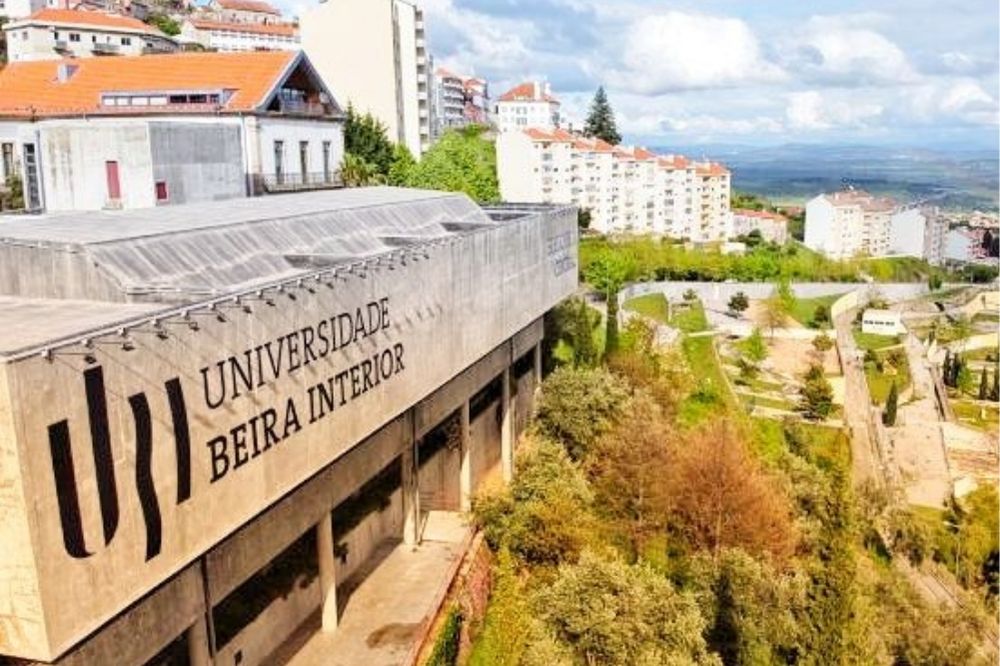The little red nose campaign helps to raise
money to pay clown doctors who cheer up children in 13 hospitals. This is one
of the fundraising tools that Operation Red Nose develops on a daily basis.
"Every day we have to fight to have donations that allow us to meet the
budget," says Carlota Mascarenhas, of the fundraising department of Red
Nose. One of the few institutions of social solidarity that in Portugal
survives only with donations. Companies, but increasingly private and
"financing projects", explains the person in charge.
The idea of asking for donations to ensure
the financial sustainability of organizations is increasingly defended by those
who work in this sector. But asking people for money and achieving the goals
also means following some rules.
First, we need to find people who can
identify with the mission of the institution concerned, invite them to know the
work that is done there. In the background "involve them in the
cause", points out Madalena da Cunha, call to action, a fundraising
consulting firm that today organizes, at Gulbenkian, the 8th seminar on the
subject. "The big donors are treated to tweezers. It is necessary to
identify people who may be interested in helping the cause. Or invite them to
do things they like: play golf, a cocktail, a dinner, for example."
In this first contact, the best option is
not to leave for the money application. "It should be started by asking
for advice on the operation of the organization and only later when people are
involved in the cause is it asked for the donation," adds Madalena da
Cunha.
These large donors can be private or
business. And there are cases where the institution also offers something in
return for donations. An example of this, the Convent of the Cardaes - which
welcomes adult women with multi-disability - that allows the use of its spaces
for events. A privilege, they explain on their online page, for those who give
donations from 2000 euros, which also count on the tax benefits provided for in
the law of the right (see box next).
Make a habit of giving
In Portugal, the fundraising system for
institutions in the social sector is not yet widespread. In this field,
"it is not civil society's fault. What we learn from the rules of
fundraising is that it is the organization that has to create this habit in
people", points out Madalena da Cunha.
The partner of Call to Action, which
advises institutions on fundraising and social marketing, recalls that this
area is fundamental for their financial sustainability. "There are
international organizations that live in Portugal from national donations and
it is time for Portuguese institutions to do the same." To do this,
organizations have to tell people that they exist and "sell themselves to
those who can help."
An attitude that is not yet prevalent in
Portugal: "People often tell us that they have never contributed because
they have never asked them", laments Madalena da Cunha. Remembering that
if on the one hand "we know that charities should not depend on the State,
on the other hand there are no regular donations. To generate revenue, people
need to contribute." On the side of institutions, it is up to them to
develop exclusive teams to devote themselves to fundraising, contacting
potential donors, organizing fundraising events, Christmas sales, applying for
financing projects, using crowdfunding platforms.
But this is a different sector. Since it's
not just the one who gets the donations that gets something. "The donors
most involved in the causes feel a great pleasure to help. Asking for money
does not cost, but who can give, feels good", points out Madalena da
Cunha. This is a market in which the "fundamental is to bring people to
the cause and create empathy with them".














